
Finding a balance between healthy eating and crispy, delicious foods can be tricky. This is where the air fryer enters the picture, promising guilt-free indulgence. But this trendy appliance also sparks endless debates: what are the pros and cons of an air fryer?
Is it really worth adding another appliance to your countertop? This article explores those very questions. I'll dive into the benefits and drawbacks, what you should consider before buying one, how they work, bust some common myths, and analyze whether an air fryer fits your lifestyle and cooking needs. Keep reading for more!
Jump to:
What is an Air Fryer?
Air fryers, despite their name, don’t fry food. Instead, they’re compact convection ovens that circulate hot air at high speeds to cook food, making them a versatile cooking appliance.
This rapid air circulation produces a crispy, crunchy texture we associate with deep-frying but using a fraction of the oil.
Air fryer Pros: Why Air Fryers Have People Buzzing

Air fryers have taken the cooking world by storm, and it’s easy to see why. Here are some of their biggest advantages: Additionally, air fryers offer cooking versatility, allowing you to prepare a wide range of dishes with ease.
Healthier Cooking
Studies have proven that air-fried foods can slash calorie intake by 70-80%, leading to a significantly reduced calorie intake compared to traditional frying. Think of it this way - instead of submerging food in a vat of oil, you’re only using a light misting or brushing.
This method significantly cuts down on calories and fat content, making it a boon for health-conscious individuals. If you’re watching your fat intake, an air fryer lets you enjoy fried food favorites, like french fries and onion rings, in a healthier way. Researchers state air fryers use heated air carrying fine oil droplets to remove moisture from foods.
Let’s get specific. Here’s how air frying stacks up against traditional frying:
- Fried, battered chicken breast: 13.2 g of fat per 100 grams.
- Oven-roasted chicken breast: Only 0.39 g of fat per 100 grams.
While many enjoy fried chicken’s flavor, the health impact isn’t ideal. An air fryer offers a similar taste with far fewer calories and significantly less fat.
Speed and Convenience
Many air fryers cook food much quicker than conventional ovens, especially frozen items. Forget preheating the oven for what seems like forever. Air fryers preheat quickly, cooking food in less time and making meal prep a breeze.
Air fryers offer the convenience of quickly reheating leftovers. This makes air fryers an excellent choice for quick meal preparation, especially on busy days.
Air fryers are incredibly versatile, able to cook various foods, from vegetables and proteins to frozen snacks and desserts. Most models even offer preset programs for popular dishes, further simplifying your cooking routine.
Safety First
One of the greatest advantages of air fryers is their emphasis on kitchen safety. Unlike deep fryers, you won’t need to handle large amounts of hot oil.
This drastically lowers the risk of burns and kitchen accidents, giving you greater peace of mind. They’re generally easy to clean, too, with many featuring dishwasher-safe removable parts.
Energy Efficiency of Air Fryers
Air fryers have emerged as popular kitchen appliances due to their ability to deliver crispy, fried-like results with significantly less oil and lower energy consumption. One of their key advantages is their energy efficiency, which can make a noticeable difference in both cooking times and overall energy consumption compared to conventional ovens.
Faster Cooking Times
One of the standout features of air fryers is their speed. These appliances are designed to cook food rapidly by circulating hot air around the ingredients. This hot air circulation is facilitated by a powerful heating element and a high-speed fan, which work together to cook food more quickly than traditional cooking methods.
In an air fryer, food is exposed to consistent and intense heat, allowing it to cook evenly and thoroughly. For instance, while a conventional oven may take 20 to 30 minutes to bake a batch of chicken wings, an air fryer can achieve the same results in just 15 to 20 minutes.
This reduced cooking time not only speeds up meal preparation but also reduces the amount of energy required to reach the desired cooking temperature. This rapid cooking process highlights the cooking efficiency of air fryers, making them a time-saving option for meal preparation.
Related: How Do Air Fryers Cook So Fast: Secrets To Speedy Cooking!
Lower Energy Consumption Compared to Conventional Ovens
Air fryers are inherently more energy-efficient than conventional ovens for several reasons. Firstly, air fryers have a smaller cooking chamber compared to traditional ovens. This compact size means that the air fryer reaches its cooking temperature much faster than a large oven.
A smaller space requires less energy to heat up and maintain, which directly translates to lower energy consumption. This efficient use of heat translates to significant energy savings over time.
Additionally, air fryers are designed to be highly efficient in their use of heat. Unlike conventional ovens that often have to preheat for several minutes before cooking, air fryers typically require minimal preheating or none at all. This lack of extended preheating further conserves energy, as the appliance begins cooking food almost immediately once turned on.
Another factor contributing to their energy efficiency is the fact that air fryers generally operate at higher temperatures for shorter periods. The rapid hot air circulation cooks food quickly and evenly, reducing the overall time the appliance needs to be running. In contrast, conventional ovens may take longer to cook food and require more energy to maintain consistent temperatures over a longer period.
Also see: Are Airfryers Really Healthier Than Deep Fat Fryers?
Energy Efficiency in Practical Terms
The energy efficiency of air fryers can be measured in practical terms as well. For households looking to reduce their energy bills, the lower energy consumption of an air fryer compared to a conventional oven can lead to noticeable savings, making it a cost-effective option. The reduced cooking times mean that the air fryer uses less electricity for each cooking session, contributing to lower overall energy usage.
For those who frequently prepare meals or snacks, especially for smaller quantities, an air fryer offers a more economical option. It provides a way to cook quickly without the need to heat up a large oven, which can be both time-consuming and costly in terms of energy consumption.
Related: How Many Watts Does an Air Fryer Use? Energy Facts Revealed
The Cons: Considering the Other Side of the Coin
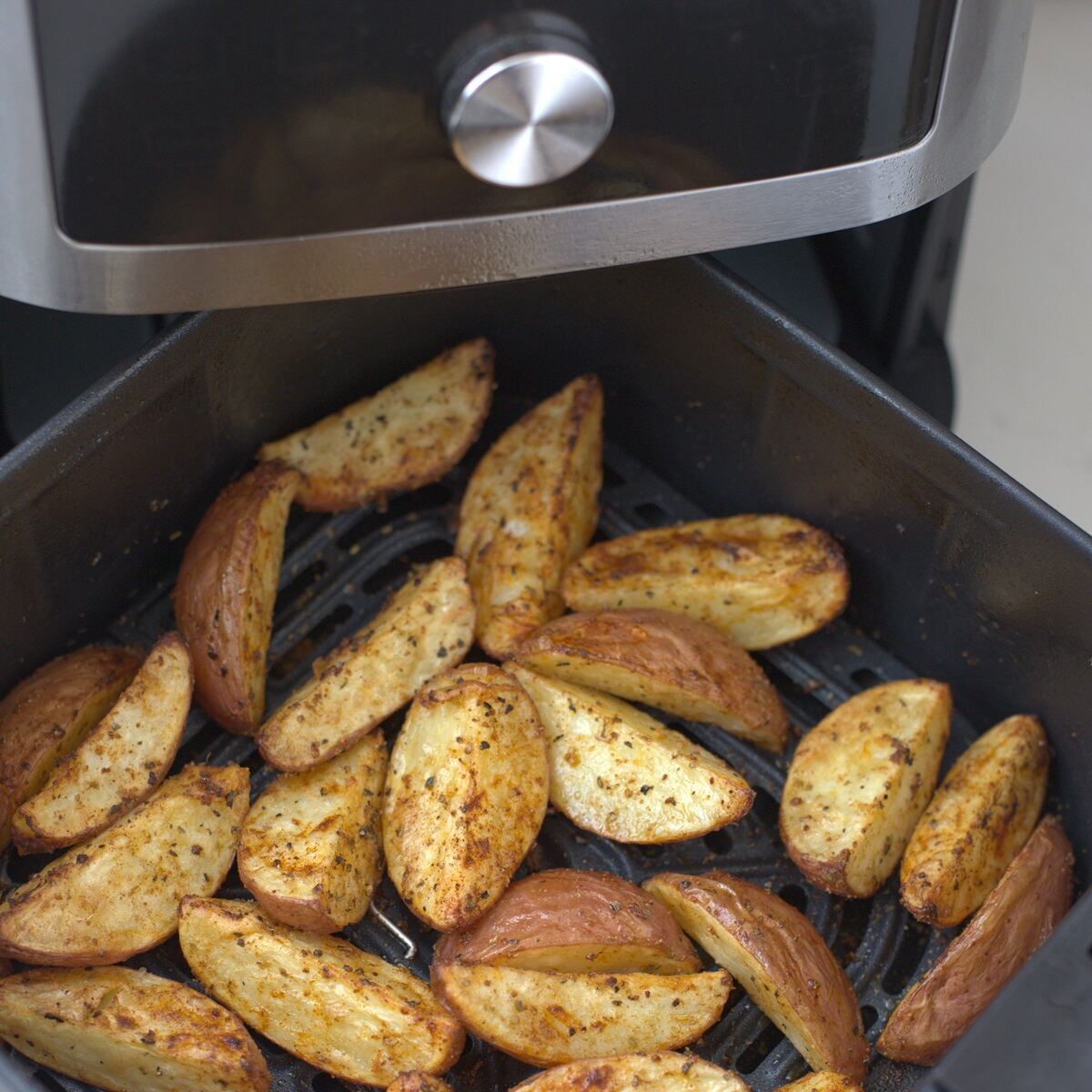
While air fryers come with many benefits, it’s also important to consider potential drawbacks before deciding if this trendy kitchen gadget is right for you. Most standard air fryers have limited capacity and are designed for individual portions or smaller households.
Space: A Common Constraint
Air fryers, though generally compact, still occupy precious counter space. This can pose a challenge for those with smaller kitchens or limited counter areas.
But here’s a thought - if your air fryer replaces a bulky deep fryer, you may even end up saving space.
Serving Size Matters: Single vs. Family Meals
Most standard air fryers have limited capacity and are designed for individual portions or smaller households. If you’re cooking for a family, be prepared to cook in batches, which can be time-consuming.
A larger air fryer, perhaps a bigger model with more capacity, might be a worthy investment for bigger families, preventing endless cooking cycles. Look for an air fryer with the capacity to meet your household needs. Capacity air fryers are great for big families.
The Flavor Factor: Different Doesn’t Always Mean Better
While air fryers produce a crispy texture, it's important to acknowledge that the flavor won’t be identical to traditional deep-fried foods. The lack of full oil immersion can lead to a slightly different taste.
Some individuals might even perceive air-fried food as dry compared to its deep-fried counterparts. But hey, that’s the beauty of diverse opinions. Whether the flavor difference is a deal-breaker boils down to your personal preferences.
Comparing Air Fryers to Other Cooking Methods

Air fryers have gained significant popularity for their ability to produce crispy, flavorful foods with less oil compared to traditional cooking methods. To better understand their benefits, it’s useful to compare air fryers to other common cooking methods: deep fryers, conventional ovens, and microwaves. Each method has its unique characteristics, and understanding these can help determine which is best suited for specific cooking needs.
Air Fryer vs. Deep Fryer
Health Benefits and Oil Usage
The primary advantage of air fryers over deep fryers is health-related, particularly in terms of oil usage. Deep frying involves submerging food in hot oil, which significantly increases its fat and calorie content. Foods like French fries, chicken wings, and donuts absorb a considerable amount of oil during deep frying, leading to higher fat and calorie intake.
In contrast, air fryers use minimal to no oil. Instead, they rely on hot air circulation to cook food, which can achieve a similar crispy texture with a fraction of the oil. This reduction in oil usage results in lower fat and calorie content in the final dish, making air fryers a healthier alternative for those looking to reduce their intake of unhealthy fats.
Cooking Speed and Taste Comparison
When it comes to cooking speed, air fryers generally outperform deep fryers. Air fryers heat up quickly and can cook food faster due to their compact size and efficient hot air circulation. For instance, cooking a batch of fries in an air fryer may take 15-20 minutes, while a deep fryer could require a similar amount of time but with added oil heating time.
Taste can be subjective, but many people find that air-fried foods offer a similar crispy texture and flavor to deep-fried foods without the greasy aftertaste. However, deep frying may still provide a more traditional taste and texture, particularly for certain recipes that benefit from being cooked in a full bath of oil.
Also see: How to Make Perfectly Crispy Fries in an Air Fryer Every Time
Air Fryer vs. Conventional Oven

Energy Efficiency and Cooking Time
Air fryers are notably more energy-efficient than conventional ovens. Due to their smaller size, air fryers preheat quickly and cook food faster, reducing overall energy consumption. A conventional oven, with its larger cooking chamber, requires more time to preheat and maintain a consistent temperature, leading to higher energy usage.
For instance, an air fryer can bake a batch of cookies in about 10-15 minutes, whereas a conventional oven might take 15-20 minutes, plus additional time for preheating. The efficiency of air fryers makes them a practical choice for quick meal preparation and lower energy bills.
Capacity and Versatility
One of the limitations of air fryers compared to conventional ovens is their cooking capacity. Air fryers typically have smaller cooking baskets, which means they can cook smaller quantities of food at a time. This limitation might be less convenient for larger households or for preparing meals in bulk.
Conventional ovens, with their larger cooking space, offer greater versatility and capacity. They can accommodate larger quantities of food and various cooking methods such as baking, roasting, and broiling. While air fryers can handle a range of cooking tasks, they may not match the versatility and capacity of a full-sized oven.
Also read: What Can You Not Cook in an Air Fryer? Fried Food Limitations
Air Fryer vs. Microwave

Texture and Quality of Cooked Food
The texture and cooking quality of food cooked in an air fryer and a microwave differ significantly. Air fryers are designed to achieve a crispy, golden-brown texture similar to fried foods, thanks to their hot air circulation. This makes them excellent for foods like fries, chicken wings, and even vegetables that benefit from a crispy exterior.
Microwaves, on the other hand, cook food using electromagnetic waves, which can lead to a softer texture, particularly for foods that are typically crispy when fried or baked. While microwaves are effective for reheating and cooking quickly, they do not provide the same crispy results as air fryers.
Convenience and Speed
Microwaves are renowned for their convenience and speed. They excel at quickly reheating leftovers, defrosting frozen food, and cooking simple dishes in a matter of minutes. This makes them a valuable appliance for busy households needing rapid meal solutions.
Air fryers, while not as fast as microwaves for reheating, offer a compromise between speed and cooking quality. They are more versatile than microwaves for preparing a variety of dishes with a crispy texture and less oil. However, they may not be as quick for simple reheating tasks.
Check out these delicious air fryer recipes:
FAQs
Air fryers offer energy-efficient cooking, reduce oil use, and can achieve crispy results similar to deep-fried food. They also cook food faster than traditional ovens.
Air fryers heat up quickly, cook food faster during the cooking process, and use less energy compared to traditional ovens. They also provide a crispier texture for fried foods.
Consider factors such as cooking capacity, energy efficiency, ease of cleaning, and how often you’ll use it compared to other kitchen appliances.
Conclusion
Ultimately, whether an air fryer deserves a place in your kitchen depends on your needs. Hopefully, by exploring, the pros and cons above we’ve empowered you to make an informed choice. Carefully weigh these aspects to determine if they truly complement your needs. Happy air frying!


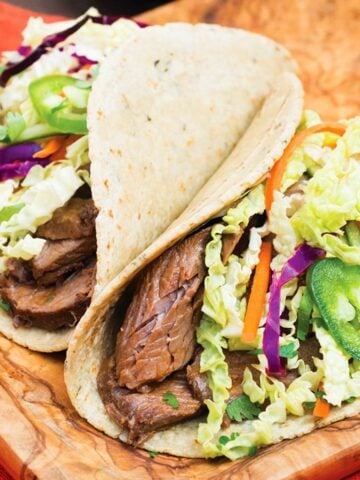
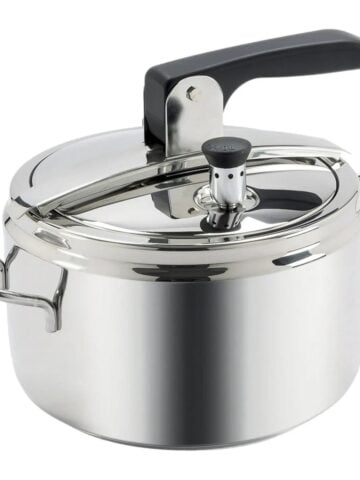

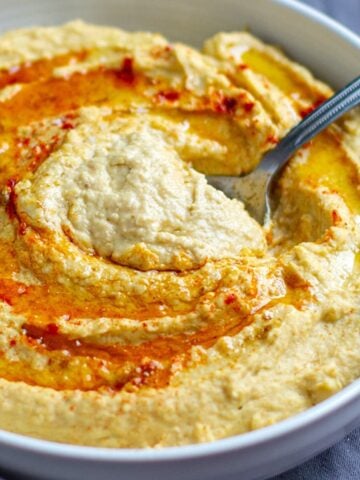
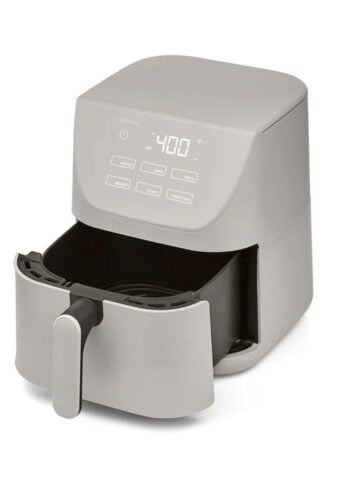
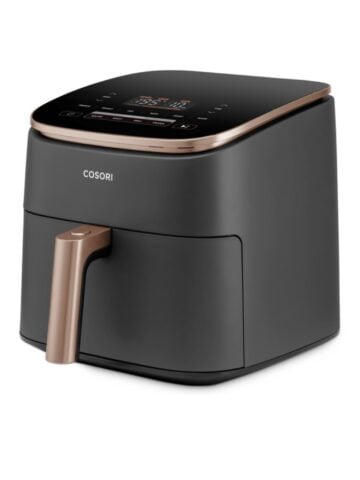
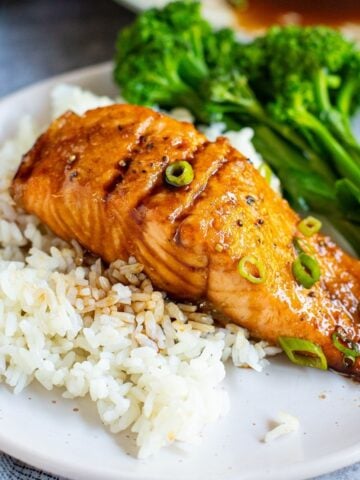
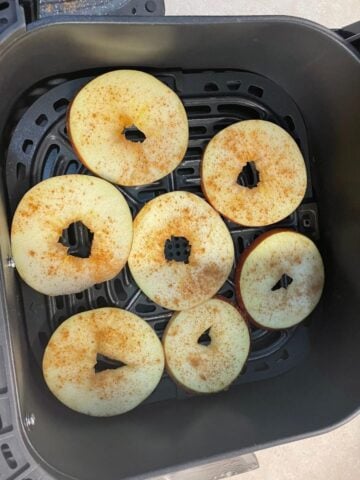
Leave a Reply